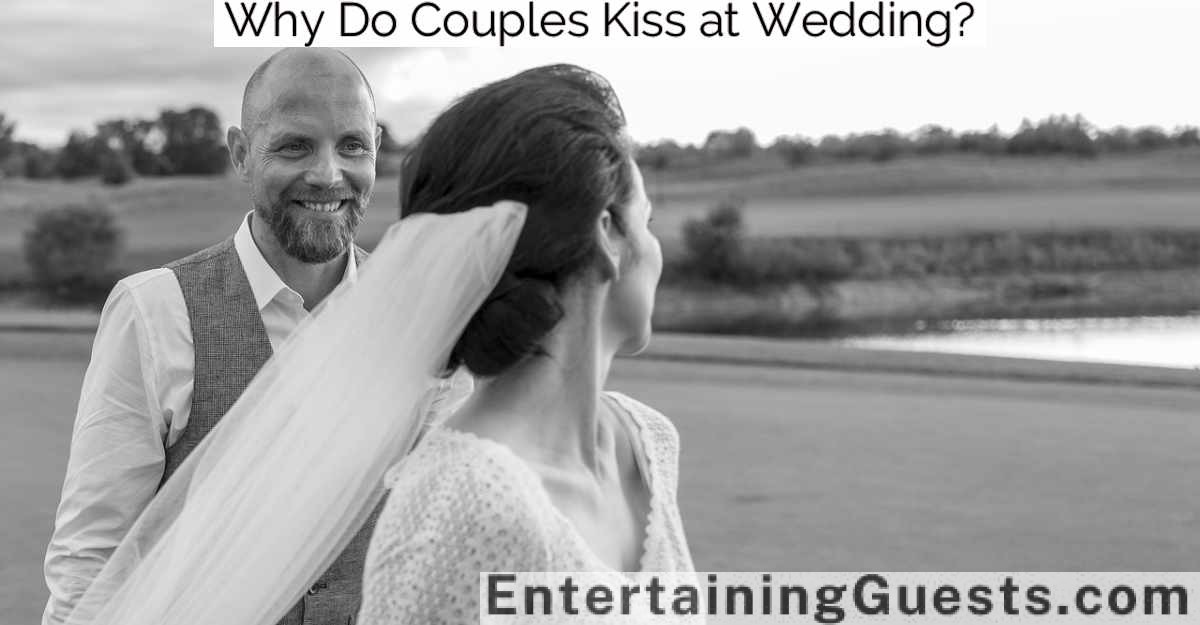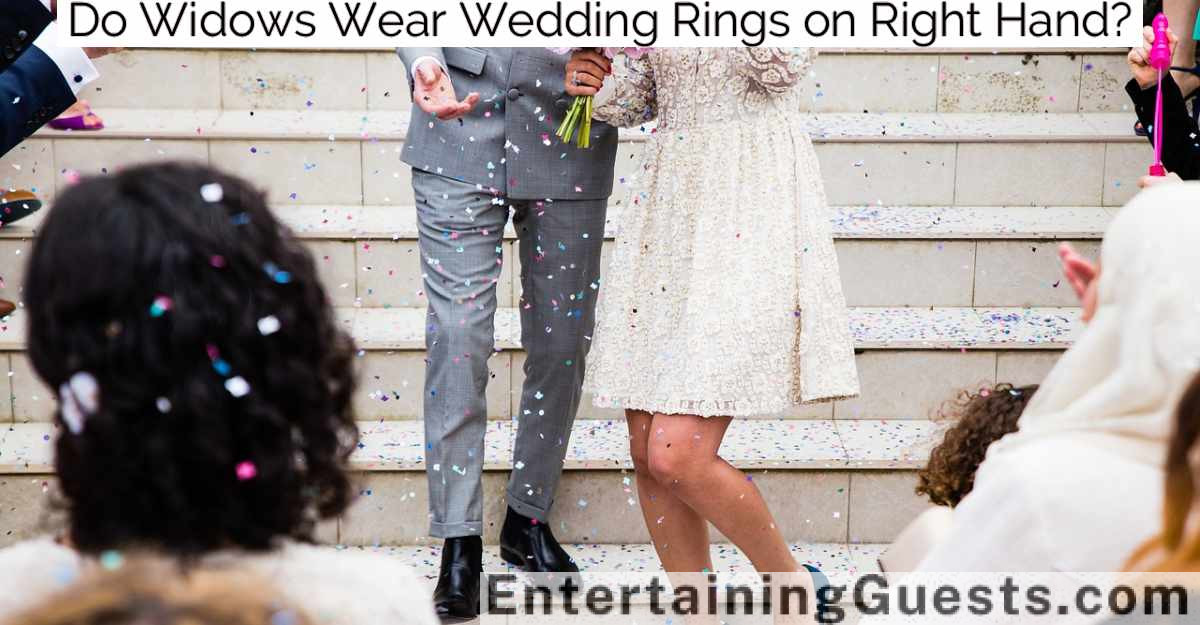Yes, deacons can officiate weddings in many Christian denominations, though their specific authority can vary significantly.
In the Roman Catholic Church, deacons are authorized to lead weddings, as well as baptisms and funerals, but they are not allowed to consecrate the Eucharist.
In contrast, Eastern Orthodox deacons do not have the permission to perform marriages.
Protestant deacons typically have roles similar to their Catholic counterparts.
It is also important for deacons to obtain legal credentials in certain regions, as some places require both governmental certification and religious endorsement to legally recognize a marriage officiated by a deacon.
This necessity underscores the importance of understanding both denominational policies and local laws to comprehend the full scope of a deacon’s capabilities in conducting weddings.
Understanding the Role of a Deacon
Understanding the Role of a Deacon
A deacon plays an essential role within many Christian denominations, tasked primarily with serving their congregation and assisting the broader clergy. This position acts as a bridge between the laity and the ordained ministers, facilitating communication and understanding between the two.
Deacons are involved in various ministries that underscore their dedication to service; these include outreach, teaching, and sometimes administrative duties within their church. Their involvement often extends to communal events that can create lasting memories for the congregation, similar to how intimate wedding experiences foster connection among guests.
Their role extends to pastoral care, where they often visit the sick, aid the poor, and comfort the distressed. In their capacity, deacons are seen as servants first, embodying the church’s mission to care for its members and the wider community.
They’re also tasked with the proclamation of the Gospel, which involves reading Holy Scriptures during services and sometimes preaching, depending on their specific church’s doctrine.
This function highlights the dual aspect of their role: they’re both servants and heralds of the word, facilitating the church’s liturgical functions while ensuring the needs of the congregation are met.
Through these responsibilities, deacons exemplify the connection and service that are central to their role within the church hierarchy.
Deacon’s Authority Across Denominations
Exploring the authority of deacons across different Christian denominations reveals a spectrum of roles and responsibilities.
In the Roman Catholic Church, deacons are ordained and can officiate at weddings, baptisms, and funerals, but they can’t consecrate the Eucharist. Their role primarily supports the broader ministry of the church, similar to how a well-planned evening with guests can foster community and engagement through themed gatherings.
In contrast, Protestant denominations like the Anglicans and Lutherans also ordain deacons, but the scope of their authority can vary considerably. Some Anglican provinces allow deacons similar responsibilities as in the Catholic tradition, while others may grant them more limited roles, often depending on the local bishop’s discretion.
The Baptist tradition generally doesn’t have an ordained diaconate in the same hierarchical sense as the aforementioned denominations. Instead, Baptist deacons primarily serve administrative and pastoral roles, and they typically don’t officiate at sacraments, including weddings.
The Eastern Orthodox Church maintains a rich tradition of the diaconate. Deacons in this tradition play an essential liturgical role, though they aren’t permitted to perform marriages. Their function is deeply ceremonial, assisting in the divine liturgy and maintaining church order.
This diversity in diaconal roles highlights the complexity and contextual nature of ecclesiastical authority across Christian denominations.
Legal Considerations and Limitations
Many countries require specific legal credentials for a deacon to officiate at a wedding, reflecting a diverse landscape of regulatory environments. This requirement often hinges on the jurisdiction’s recognition of religious or civil authority in matrimonial matters.
In some regions, deacons must be legally recognized as officiants, which may involve undergoing governmental certification processes or registering with civil authorities. Guest Engagement Activities can also enhance the overall wedding experience while guaranteeing compliance with legal stipulations. These legal stipulations guarantee that marriages performed by deacons are both spiritually and legally binding.
In contrast, other areas may have more relaxed rules, allowing deacons to perform weddings with only their religious institution’s endorsement. However, it’s vital that both the deacon and the couple understand the legal implications of their union within their specific locale. For instance, failure to comply with local laws can result in marriages being considered invalid.
Furthermore, the legal capacity of a deacon can be affected by their denomination’s standing in a country. Some religious groups aren’t recognized in certain states, which can restrict their deacons’ ability to legally officiate weddings.
It’s essential for deacons to verify their legal authority to conduct such ceremonies to avoid legal complications, guaranteeing a smooth and recognized union.
Real-Life Wedding Examples
Deacons have successfully presided over numerous wedding ceremonies, showcasing a range of styles from traditional to modern. These events often reflect the unique blend of personal and spiritual elements that deacons can bring to their roles.
For instance, in a classic church setting, deacon-led weddings typically follow the liturgical norms of the denomination, incorporating standard religious rituals and scripture readings. However, the flexibility in less formal environments allows deacons to adapt the ceremony to the couple’s preferences, sometimes including contemporary touches like personalized vows or themed decorations.
Moreover, real-life examples demonstrate that deacons are adept at managing the diverse expectations of wedding attendees. They often serve not only as officiants but as mediators of community and familial traditions.
For example, in a recent wedding in a suburban community center, the deacon skillfully blended the bride’s Catholic heritage with the groom’s secular background, creating a ceremony that was both inclusive and respectful of all guests.
Such examples underline the versatility and capability of deacons in conducting wedding ceremonies that aren’t only legally sound but also deeply meaningful to those involved.
It’s clear that their role is essential in crafting experiences that honor both the couple’s values and the sacredness of marriage.
Expert Opinions on Deacon-Led Ceremonies
Expert opinions consistently affirm the effectiveness of deacons in leading wedding ceremonies. Scholars and ecclesiastical authorities highlight the deacon’s rigorous training and deep understanding of sacramental theology, which equip them well for this role. These experts argue that a deacon’s ability to officiate at weddings not only aligns with canonical law but also enriches the ceremony with a profound sense of spiritual solemnity.
Theologians emphasize that deacons, as ordained ministers, possess the necessary ecclesiastical authority to perform weddings, which is essential in maintaining the ceremony’s validity from a doctrinal perspective. They point out that the presence of a deacon underscores the sacramental nature of the marriage, reinforcing the union’s spiritual dimensions.
This perspective is shared widely among church historians who document that deacons have played significant roles in Christian rituals since the early church.
Legal experts specializing in religious law also support the deacon’s role in weddings, noting that many jurisdictions recognize their authority to legally officiate. They stress that this legal capability guarantees that marriages conducted by deacons are both spiritually and civilly binding, thereby offering couples a complete matrimonial experience that’s recognized under both church and state laws.
Conclusion
To sum up, a deacon’s ability to perform wedding ceremonies varies by denomination and jurisdiction. While some religious traditions fully authorize deacons to officiate weddings, others may impose restrictions or require additional permissions. Legally, deacons must also comply with local laws, which can differ widely. Experts suggest that couples consider both religious and legal aspects when choosing a deacon to lead their ceremony, ensuring that their marriage is both spiritually meaningful and legally valid.







